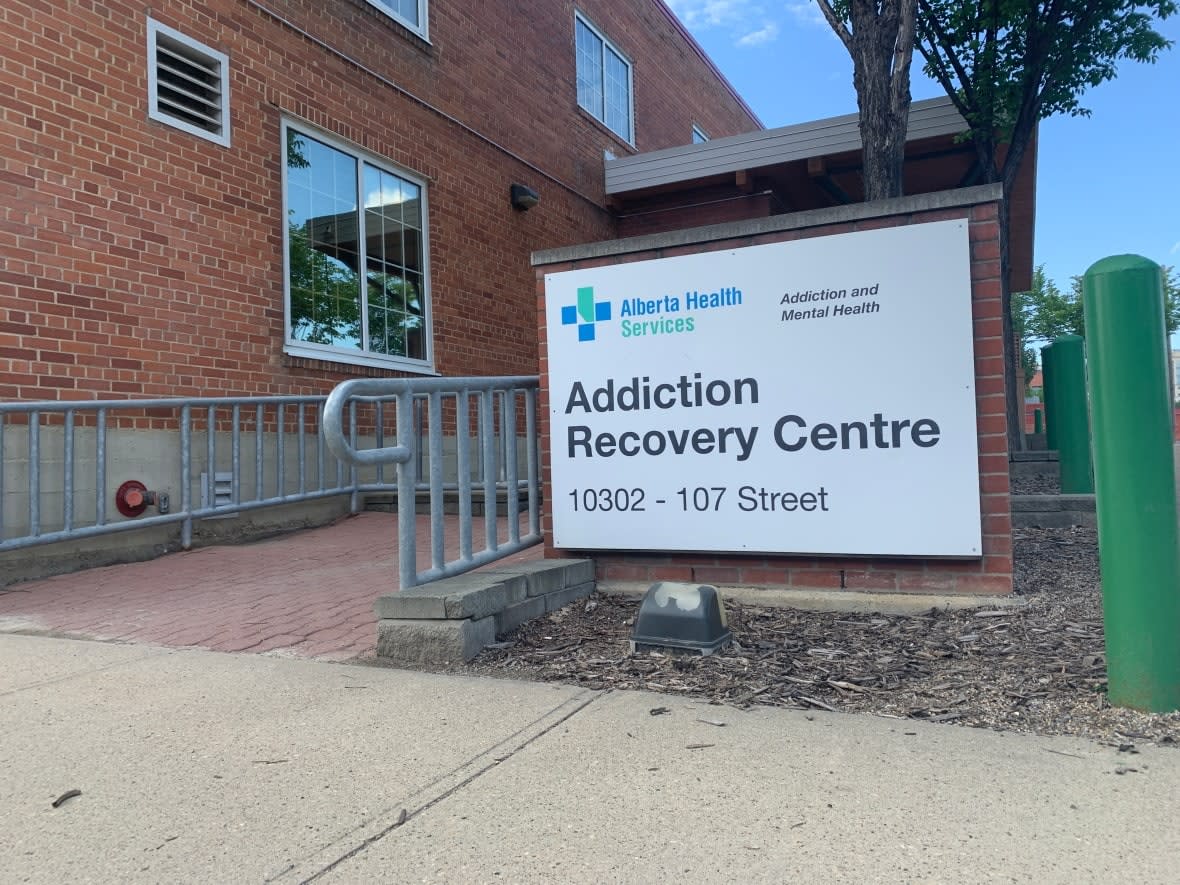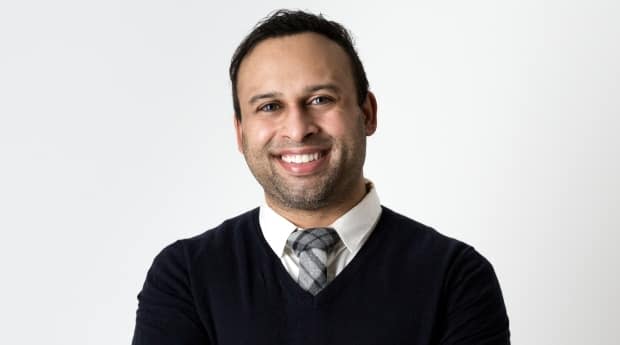Alberta Health Services to undergo review of mental health, addictions services

Alberta Health Services will undergo a review of all its mental health and addictions services to ensure they align with the provincial government's push toward recovery-oriented system of care.
The new ministry of Mental Health and Addictions is seeking a third party to undertake the review of the programs AHS delivers directly or through a contractor.
For example, AHS runs five residential treatment facilities for adults and has contracts with non-profit organizations to run another 22 licensed facilities across the province.
The review will also look at the amount physicians are billing for mental health and addictions treatment.
"It is unclear to what extent the current supply of mental health and addiction services is adequate to meet Albertans' needs at both the zone and facility/program level," the request for proposals states.
"Assessment of the gaps (both under- and over-supply relative to demand) is necessary to ensure the allocation of resources is meeting the needs of Albertans, especially as the system shifts to recovery-oriented systems of care."
The winning proponent will look at what kinds of services are delivered and where to figure out where there are gaps in service.
They will also "examine best practices on mental health and addiction system design, service delivery models and how mental health and addiction services could be contracted/funded, coupled with an implementation plan with recommendations to change Alberta's mental health and addiction system."
Under former Premier Jason Kenney, and his successor, Premier Danielle Smith, the governing United Conservative Party government has favoured putting money into facilities and programs to help people recover from substance use disorders.
Although the government says it continues to fund harm reduction measures like supervised consumption sites, the direction has leaned heavily toward getting people into treatment.
That includes establishing six new recovery communities that offer long-term residential care for people with addictions.
Chris Gallaway, executive director of advocacy group Friends of Medicare, is concerned the review will give the government justification to shift resources to their recovery model and away from other treatment models
He said the shift is occurring while people can't find help when they go looking for it.
"Those delays are harming people's health and putting them more at risk," Gallaway said.
"And we should be looking at how to solve those problems, not looking at how we we shift resources to fit an ideological model."
'Administrative process'
The review was one of the recommendations in last year's report from the government-appointed mental health and addictions advisory council. Smith included the item in her mandate letter to Mental Health and Addictions minister Nick Milliken.
Milliken was was not made available for an interview. His press secretary said it would be "inappropriate" for the minister to comment while the RFP was open.
A ministry spokesperson said the review is part of the transition of mental health and addictions into a department separate from the ministry of health.
"This is an administrative process that the public service routinely undertakes to ensure public funding is achieving the best outcomes for Albertans. It has nothing to do with adjusting funding to any programs or services," Carolyn Gregson, the ministry's communications director, wrote in an email to CBC News.
"Alignment to recovery-oriented systems of care simply means ensuring a full continuum of care, that ranges from prevention and intervention to treatment and long-term recovery, is being provided consistently across the province."
Dr. Monty Ghosh is an addictions physician who practices in both Edmonton and Calgary and the addictions sections president for the Alberta Medical Association.
Ghosh, who is also an assistant professor at the University of Alberta and University of Calgary, said it appears the government is trying to standardize how treatment centres accept and treat patient.
For example, some contracted service providers are abstinence-based and won't accept people who are taking methadone and other prescribed medications for their addictions, he said.

"Bringing them to a standard that's equitable for our population and that's evidence-based is necessary," he said.
"So that's a good thing."
He said the government's decision to fund addictions treatment has opened up more beds and lessened the strain on the system.
Ghosh said the review appears to be a good idea but he said physicians and other stakeholders must be consulted.
For example, tallying up the billings physicians charged Alberta Health for providing mental health and addictions treatment doesn't provide a full picture, Ghosh said.
Physicians who work in the area frequently treat patients with complex needs who take much more time than is reflected in the billing history.
"It's often not just their mental health and addiction needs that need to be taken care of," Ghosh said. "It's also their housing needs and income needs."
Physicians who work in addictions can often burnout and the payment structure makes it hard to recruit, he added.
Alternative relationship plans or ARPs are another way to pay physicians but Ghosh said they can be difficult to obtain.


